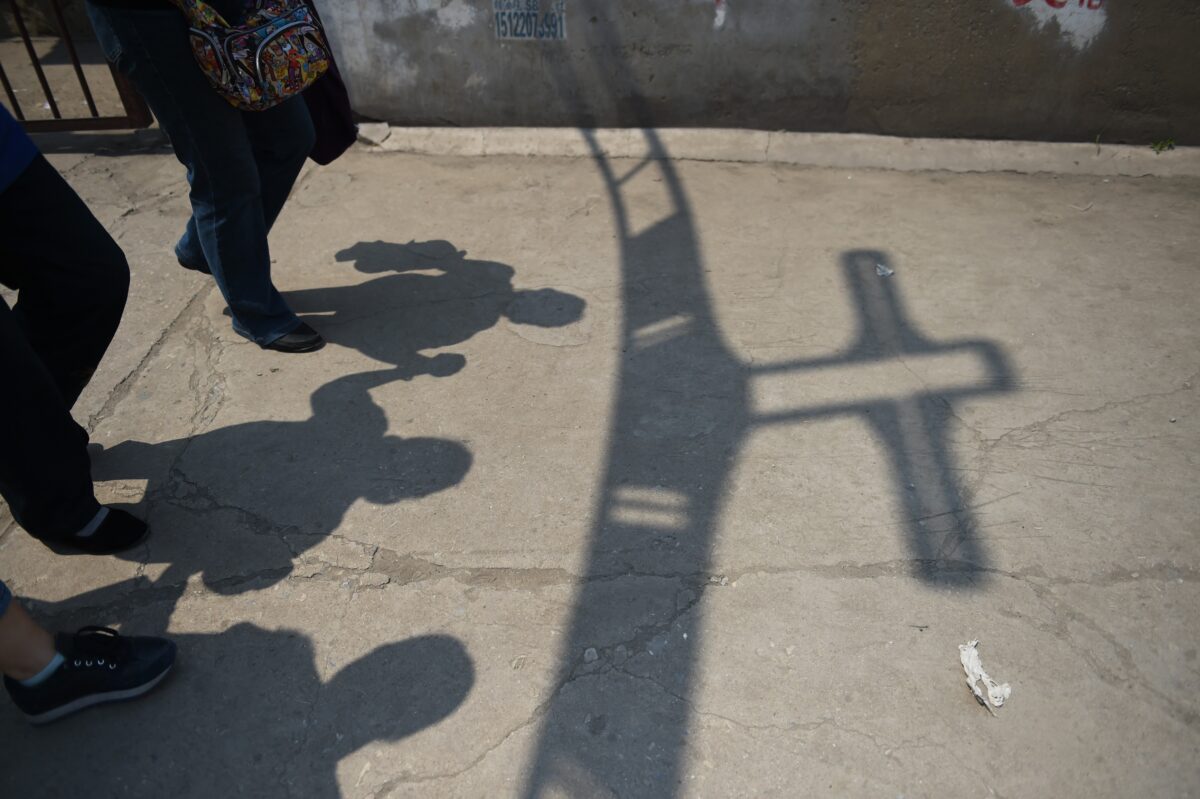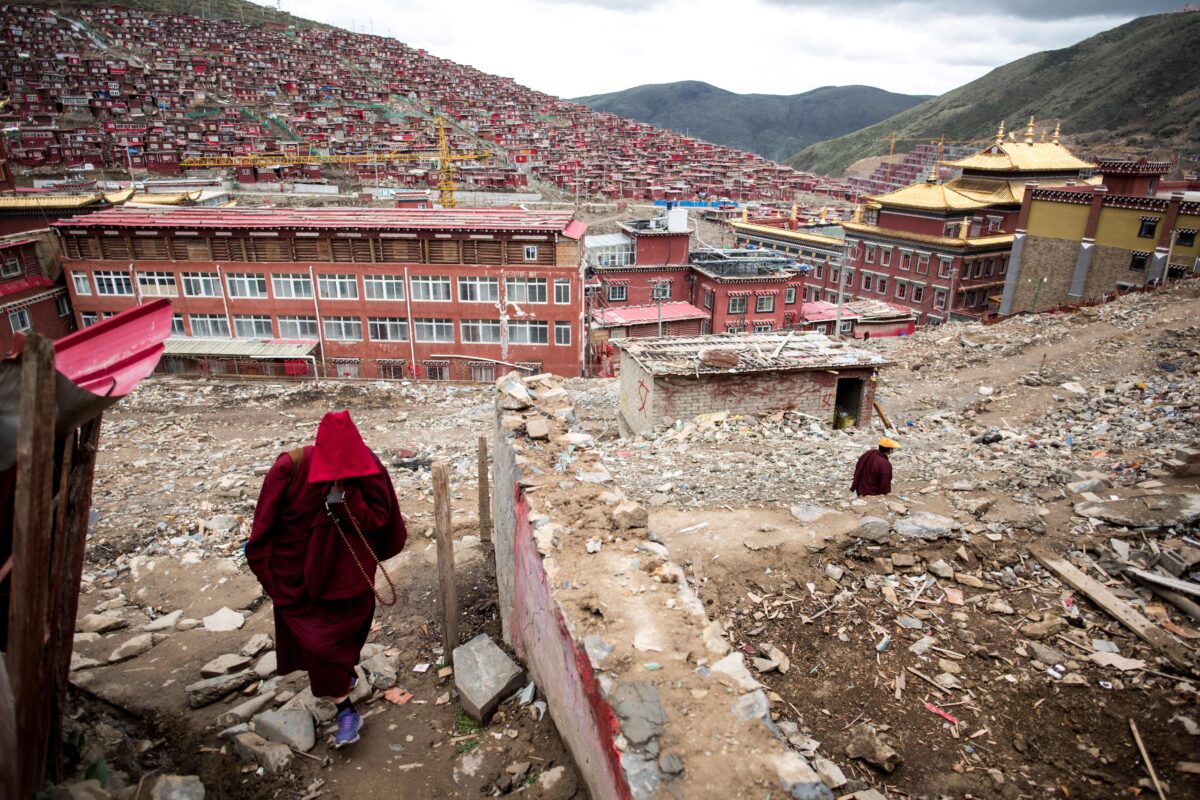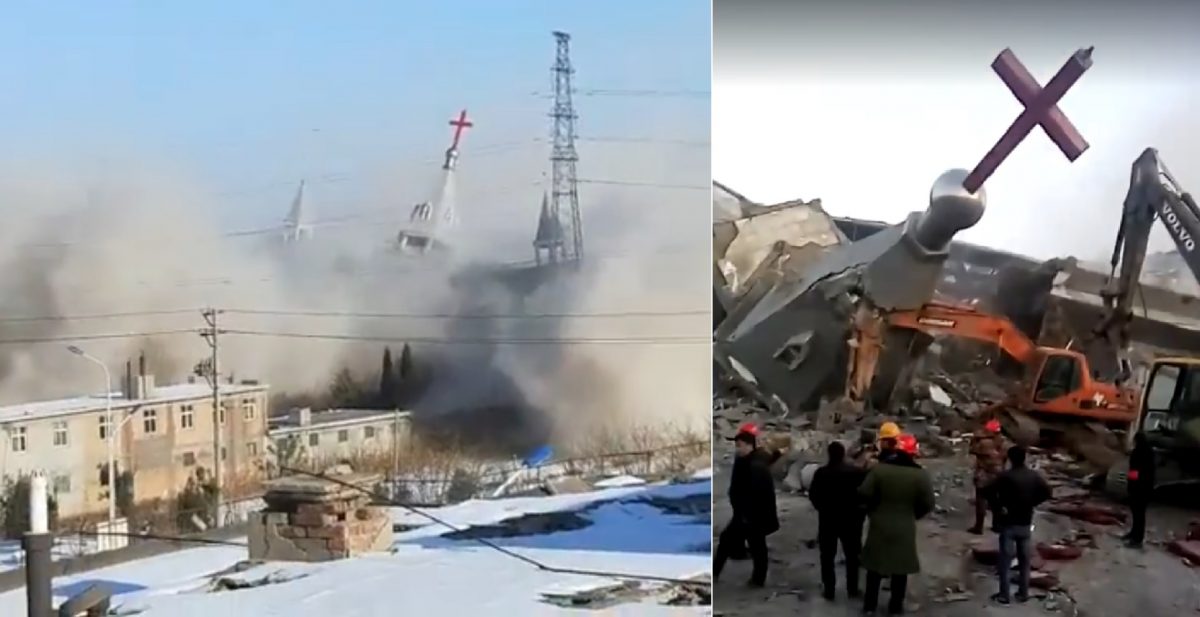Persecution: The Tool God Uses to Purify His Church [Yes, It IS Painful–Remain Faithful]
![Persecution: The Tool God Uses to Purify His Church [Yes, It IS Painful–Remain Faithful] Persecution: The Tool God Uses to Purify His Church [Yes, It IS Painful–Remain Faithful]](https://i0.wp.com/bereannation.com/wp-content/uploads/2021/07/Persecution.jpg?fit=640%2C291&ssl=1)
Priests and nuns were forced to kneel down in front of a large bonfire, watching helplessly as the flames devoured their sacred instruments and burned their skin.
In another Chinese city, students wearing red armbands hit Catholics with sharp wooden sticks, throwing one priest into a fire pit after he collapsed in pain. They beat one nun to death after she refused to stomp on a statue of the Virgin Mary.
One Catholic priest was buried alive in Beijing after declining to give up his faith.
Unsettling as they might be, these acts of brutality documented by Hong Kong-based missionary Sergio Ticozzi were hardly out of the norm for faithful Chinese during the frenzy of the decade-long Cultural Revolution from 1966, when all forms of religious practices were declared “superstitious” and banned.
Nor was such repression unique to that particular period during the regime’s more than 70 years of ruling China.
Total Control
Belief in a higher power is anathema to the atheist Chinese Communist Party (CCP) that for 100 years has sought to command absolute loyalty and control over its members and the Chinese people.
“They just cannot handle an allegiance other than to the state,” Sam Brownback, former U.S. ambassador-at-large for international religious freedom, told The Epoch Times.
As a result, successive Party leaders have launched campaign after campaign to crush and control people of faith in China.
Mao Zedong, the first CCP leader, who oversaw one of the most thorough campaigns to dismantle Chinese religious life, compared religion to “poison” in a conversation with Tibet’s exiled leader, the Dalai Lama. In his autobiography, the Dalai Lama recalls Mao telling him in 1954 that religion “undermines the race” and “retards the progress of the country.”
Former Chinese leader Jiang Zemin in 1993 declared religious freedom to be “unsuitable for Party members” and told Party members to “patiently educate” those with faith to help them “get rid of religious shackles.”
Buddhism, Taoism, Islam, Catholicism, and Christianity—the five religions the regime has officially sanctioned—remain under rigid state control, with Party officials setting the terms on how they operate.
Chinese officials for religious affairs have stressed the need to “guide religion with socialist values” and for devotees to possess “gratitude toward the Party.”
Under the Party’s rules, members also face possible expulsion for believing in religion or engaging in “superstitious activities.”

Marking the Party’s centennial, the heads of six state-level religious associations met in June and extolled the CCP leadership. Expressing resolve to “always follow the Party,” they pledged to begin an education campaign to deepen “love for the Party” among their religious circles.
Pastor Bob Fu, the founder of Christian human rights group China Aid, described the CCP as the “world’s largest extreme atheistic Party.”
“[The] CCP has committed the worst religious persecution and crimes against humanity,” Fu told The Epoch Times.
In the words of Brownback, the CCP is “at war with faith”—be it Christians, Tibetan Buddhists, Uyghurs, and other Muslim minorities in Xinjiang, or the Falun Gong meditation discipline.
“It’s a war they will not win,” Brownback said.
‘Zero-Tolerance Policy’
One year after the CCP took power in 1949, Chinese troops marched into Tibet and forced upon the Tibetans a 17-point agreement to legitimize the CCP’s rule. Yet despite rosy promises of Tibetan autonomy on paper, Beijing turned the region into a surveillance state and installed labor camps.
The Dalai Lama, the region’s spiritual leader, went into exile in India in 1959 after the regime brutally crushed an uprising, killing tens of thousands of Tibetans. In the 20 years following, about 1.2 million Tibetans have died under the regime’s repressive policies, according to estimates by the Tibetan government-in-exile. More than 150 have resorted to setting themselves on fire in a desperate act of defiance.Related CoverageChinese Regime Burns Religious Books, Jails Believers in War Against Faith
Police routinely monitor private correspondence, search homes, and examine phone records in search of forbidden content such as “reactionary music” from India, according to the latest U.S. State Department report. Provincial officials also banned students from participating in religious activities during school holidays. The report cited 273 Tibetans being “detained in violation of international human rights standards as of late 2019.”

A Tibetan herder named Lhamo, a 36-year-old mother of three, was detained in June 2020 for sending money to her family in India. The family members who saw her two months later found her “badly bruised and unable to speak,” according to advocacy group Human Rights Watch. She died days later at a local hospital and was immediately cremated.
With the current Tibetan spiritual leader in his 86th year, Beijing has made clear it wants a hand in selecting his successor. In a white paper issued in May, China’s State Council said it had identified and approved “92 reincarnated Living Buddhas”—indicating its intent to choose the next Dalai Lama when the current one passes away.
“The CCP practices a zero-tolerance policy when it comes to religious believers,” Lobsang Tseten, executive director of U.S.-based Tibetan activist group Students for a Free Tibet, told The Epoch Times. He added that the “CCP’s arbitrary rule in Tibet is a direct threat to every aspect of the life of a Tibetan.”
‘Sinicizing’ Churches
The CCP’s suppression of Catholic and Protestant churches has also intensified under current leader Xi Jinping’s watch.
Chinese authorities have removed thousands of crosses from churches, arrested pastors, ordered the removal of Christian images, and aggressively pursued a “sinicization” policy by establishing “patriotic churches,” in which pictures of Jesus Chris and the Virgin Mary are replaced with portraits of Xi or Mao.

The Chinese regime is also reinterpreting and retranslating the Bible to promote “Chinese-style Christianity,” with one Chinese ethics textbook twisting a story from the Bible to have Jesus stone a woman to death while claiming himself a sinner.
In 2017, at least four cities and one province restricted Christmas celebrations, banning displays of Christmas decorations, themed performances, and promotional activities. Communist officials in one university banned activities related to Western religious holidays in the name of helping the younger generation “build cultural confidence.” One Christian this January received a hefty fine of 160,000 yuan ($24,733) for celebrating the holiday.
Underground churches have proliferated as a result of the regime’s oppression. In response, Chinese officials have detained church members and handed lengthy prison sentences to pastors.
Wang Yi, a pastor in central China’s Chengdu who founded one of the country’s largest unregistered Christian churches, was sentenced to nine years in prison in December 2019 for “illegal business operations” and “inciting to subvert state power,” a charge the regime frequently uses to silence dissidents.
In April, Radio Free Asia reported that Beijing was running secret brainwashing facilities, which usually involve torture, in southwestern China’s Sichuan Province to force Christians to…
Read entire article here.
Original article posted by Eva Fu and Frank Fang at The Epoch Times. Title altered by BereanNation.com.








